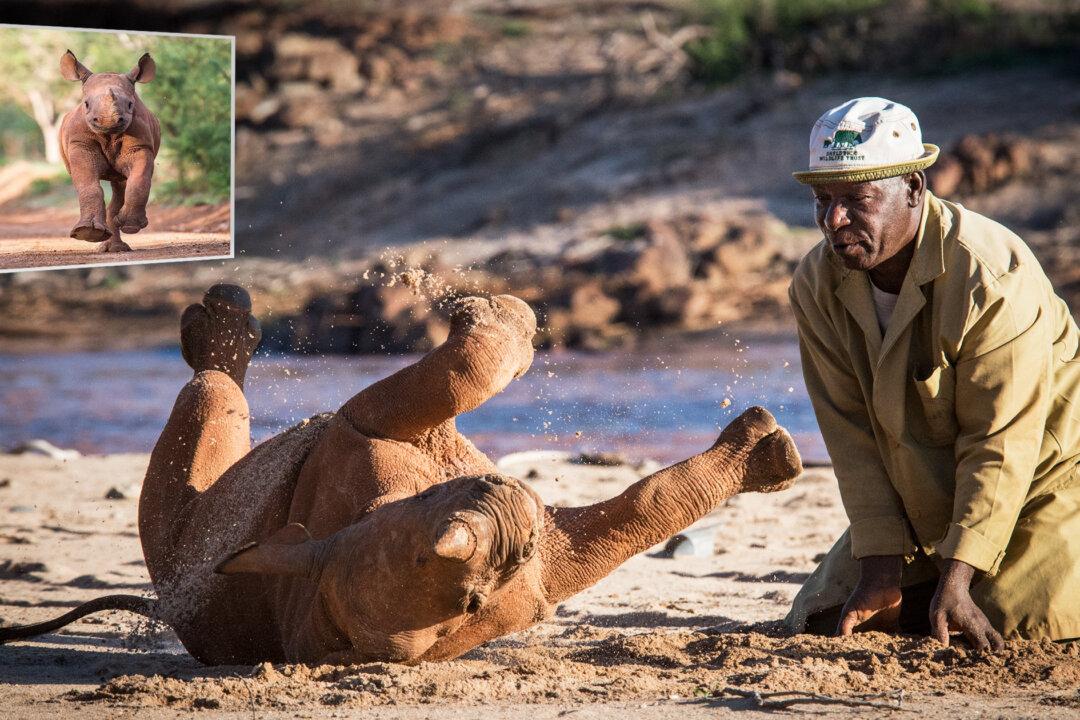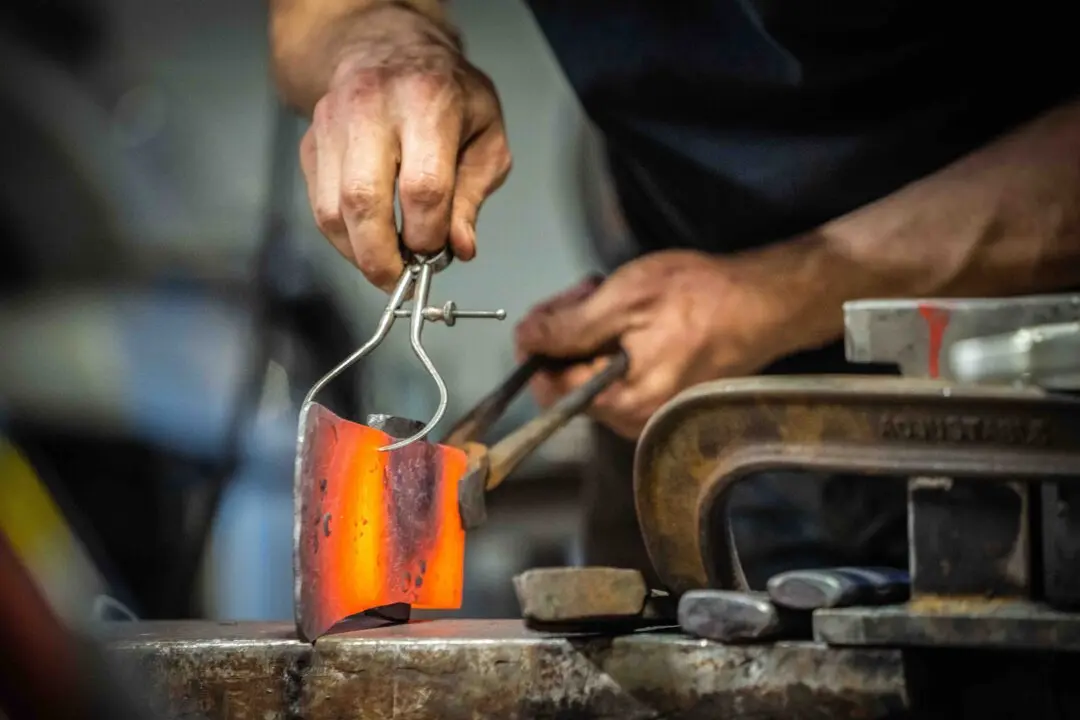When a 6-month-old black rhino lost his mother to natural causes, he became vulnerable to poachers and predators. Thanks to the determination of his rescuers, he was saved and now he has grown to form an adorable bond with his keepers.
Apollo, now 4, spends his days taking long mud baths, napping beneath his favorite tree, and luxuriating in back scratches while he waits until he’s old enough to be released safely back into the wild.






